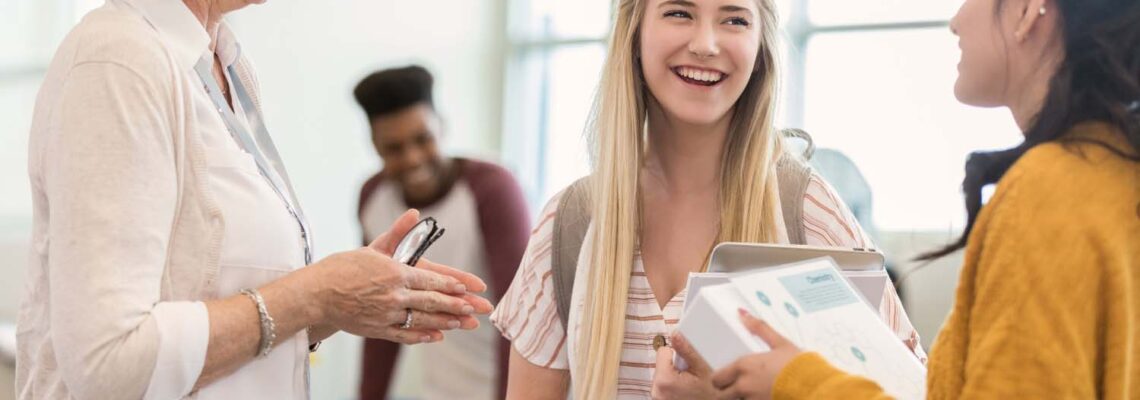
Kids these days.
A recent Parenting poll found that 59% of parents think that their own children are more spoiled than they were as kids.
Count me in the 59%! This Christmas, my wife and I told our kids that they could open 1 gift before breakfast and the rest after. When my son opened his 1 gift, his chest deflated and he said, “Should have opened that one instead.” Sure, he got 3 new pairs of pants, (and what 4 and a half-year-old really wants pants) but still, I’m sure I would have faked a thank you when I was a kid…
… or maybe not. Turns out, kids these days are doing better in lots of ways. Childhood well-being is up, tobacco and alcohol use is down, and rates of teen pregnancy are down a whopping 67% in the last 25 years!
To be sure, there is still some heavy-duty parenting work to be done, and more than ever, that work is being shared by teachers at school (with both parents working).
So, having recently read two great books on parenting (How Children Thrive, by Mark Bertin, and How to be a Happier Parent, by KJ Dell’Antonia), I thought I’d share 5 lessons from parenting experts that may be helpful for teachers, too.
Lesson #1: Keep homework in its place
Research hasn’t looked at homework very fondly. Excessive homework can cause stress, lead to sleep deprivation, and take away from already-diminished family time. As Mark Bertin writes, “Homework is meant to support classroom learning and basic work habits — nothing more. It’s an illusion that heavy workloads even in high school correlate with college success. When homework takes over homelife, it no longer benefits.”
Lesson #2: You can be happy even when your children (students) are not
We know the value of relationships and empathy in teaching. We have to know our kids. Really know them. At the same time, it’s important to show them cognitive empathy, not emotional empathy. When students are down, they don’t need to see how their emotions or actions brought you down too. In fact, they need just the opposite from you. As KJ Dell’Antonia writes, “This phrase is permission to understand your child’s feelings from the security of your own, and to give your child the distance she needs to experience her own emotions without a sense of being responsible for yours.”
Lesson #3: The brain’s executive function develops slowly
In fact, it continues to develop well into adulthood! “Toddlers cannot relate a delayed punishment to a current behavior; their brain is not yet wired to do that.” – Mark Bertin. Teens are only marginally better. This means that our students need us to manage their brain until they can manage it themselves. For many kids, we can’t simply say “work hard now or you’ll feel the pain later.” Time and time again, they won’t make the right choice, because their brains won’t let them. So we need to make the right choice for them!
Lesson #4: People, including children – especially children – change
I had the lucky opportunity to teach 6th grade for two years before switching to high school. Some of those same 6th graders that I once had came through my high school classes as well. I won’t lie. I was dreading seeing a few of them again. And wouldn’t you know it? They matured! Like actual people! “Picky eaters evolve. Lazy students get motivated. Kids learn. That’s kind of the point. But it’s very important that we let them, instead of getting in their way by assuming they’ll stay where they are.” – KJ Dell’Antonia
Lesson #5: Be more fully aware of your experience in each moment
Dr. Bertin is a major proponent of mindfulness meditation. One of the best ways to parent or teach is to live as the best version of yourself. And one strategy for doing that is mindfulness, great for your students and for you. “Practice mindfulness because you’re human, parenting (teaching) is hard, and the traits you build with mindfulness will make it easier.”
For more, you can listen to a podcast we did about mindfulness (here’s our mindfulness blog post, too) and a podcast we did with KJ Dell’Antonia.
Happy teaching (and parenting)!


